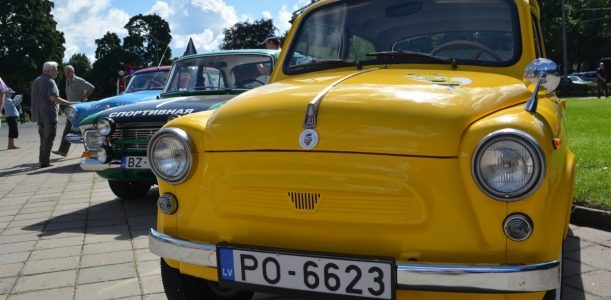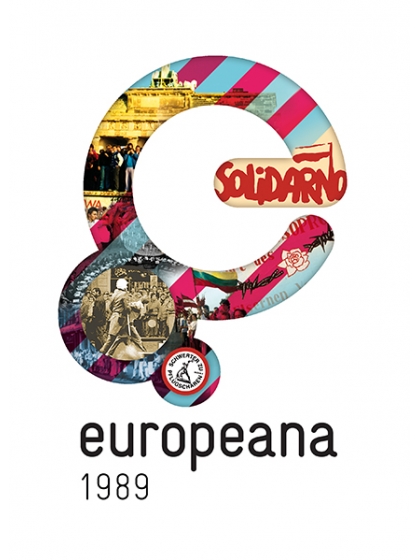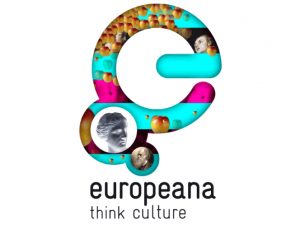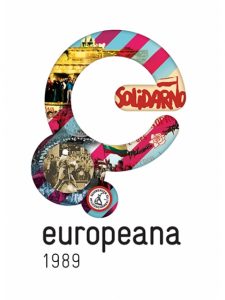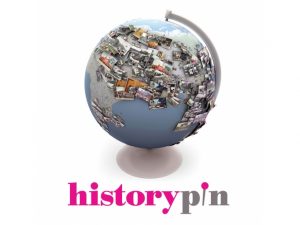Europeana 1989
We Made History
Europeana, Europe’s digital library, museum and archive, launched in 2013 a project titled ‘Europeana 1989’. People across Europe are invited to share their experiences, stories and memorabilia from the time of the fall of the Iron Curtain in a digital archive. The project started in Poland with a public debate and a collection day. Europeana 1989 will continue with collection days in Poland, the Baltic States, the Czech Republic, Germany and Hungary and highlight different events from 1989.

For the 25th anniversary in 2014, Europeana 1989 aims to create a vivid and personal picture of the revolutionary events in Europe with stories, photos, videos and sound. Members of the public can contribute their stories at a series of collection days in each of the countries taking part as well as via the project website www.europeana1989.eu.
A debate on the importance of preserving the experiences and memories of ordinary people involved in the struggle for freedom took place on 8 June during the inaugural collection day in Warsaw. Each partner country was represented by a project ambassador who played a significant role in the events of 1989 and will now continue to support and promote Europeana 1989. The project ambassadors are: Sarmite Elerte – Latvia, Vytautas Landsbergis – Lithuania,Tunne Kelam – Estonia, Petr Janyška – Czech Republic, Wolfgang Templin – Germany, László Rajk – Hungary, Tadeusz Mazowiecki – Poland and Chris Niedenthal – Poland.
At the conclusion of the debate, the project ambassadors shared their own private memorabilia and stories to launch the collection day, followed by people from Warsaw and other parts of Poland, who brought personal memorabilia ranging from photos and underground pamphlets over a teddy bear up to the biggest object digitised so far: a Polonez car, produced in Poland during the 80’s.
About Europeana
The Europeana 1989 project is part of something much bigger – Europeana (www.europeana.eu), Europe’s digital library, museum and archive. Europeana collects and provides access to digitised material from libraries, archives, audiovisual archives and museums. It has more than 2,200 collaborating institutions and the website is available in 29 European languages. Europeana allows the public to discover and explore the cultural and intellectual heritage of Europe through a simple search engine and virtual exhibitions. Since its launch by the European Commission in November 2008, Europeana has grown to include 26 million documents and heritage works. All the stories and objects collected by Europeana 1989 will also be made available through www.europeana.
About Europeana 1989
In 2014, the world celebrated the 25th anniversary of an extraordinary year – 1989 – when walls crumbled and the people of Europe were united again. The Europeana 1989 project asks people from every country involved to digitise their own stories, photos, videos and sound recordings of 1989. The result will be a fascinating archive for present and future generations that can be explored for learning, and research work. Europeana 1989 is collaboration between eleven partner institutions, Historypin and the Europeana Foundation.
About Historypin
Europeana and Historypin formed a strategic partnership to provide an innovative platform for the project website of Europeana 1989. Europeana1989.eu is hosted within the framework of Historypin and will make use of its technologies. Historypin sets out to bring people together around the history of their families and streets, from across different generations and cultures, to explore and create a global communal archive, building up a picture of the past. Historypin.com allows users to upload photos, videos, audio recordings, and stories and pin them to a particular date and time on the Historypin map of the world. Street level images and videos can be also be overlaid onto Google Maps Street View on the Historypin site for a fascinating and nostalgic then-and-now juxtaposition. Historypin is a not-for-profit project that supports its development through grants and sponsorship.
Collection Days 2013/14
Poland
»Free Elections 4 June 1989«
Warsaw: 08./09. June 2013
Gdansk:15./16. June 2013
Poznan: 22./23. June 2013
Baltic States
»The Baltic Way 23 August 1989«
Lithuania:
Vilnius: 09./10. August 2013
Panevežys: 13. August 2013
Latvia:
Riga: 23./24. August 2013
Estonia:
Tallinn: 30./31. August 2013
Czech Republic
»The Velvet Revolution November 1989«
Plzen: 02. November 2013
Hradec Králové: 09. November 2013
Praha: 17. November 2013
Olomouc: 23. November 2013
Opava: 30. November 2013
Germany
»Election fraud 7 May 1989, Peaceful Revolution«
Leipzig: 16./17. May 2014
Berlin: 12./13. September 2014
Hungary
»Cutting of the Iron Curtain May/June 1989«
Szeged: 23./24. May 2014
Sopron: 30./31. May 2014
Budapest: 05./06. September 2014
